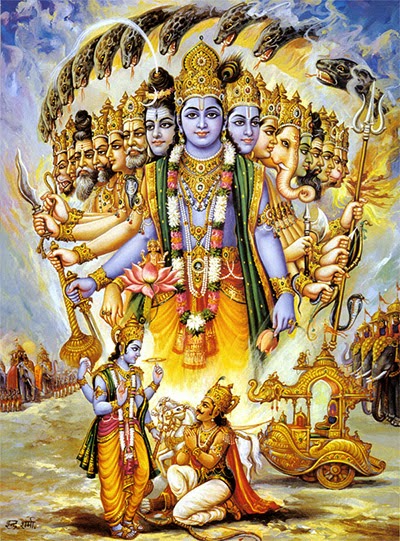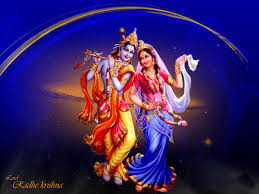Srimad Bhagavatham : 6.4.42.

Srimad Bhagavatham : Skandham-6. Chapter-4. ( The Hamsa-guhya Prayers ) Slokam-42. tam tathavanatam bhaktam praja-kamam prajapatim, citta-jnah sarva-bhutanam idam aha janardanah. tam = him (Prajapati Daksha); tatha = in that way; avanatam = prostrated before Him; bhaktam = a great devotee; praja-kamam = desiring to increase the population; prajapatim = unto the prajapati (Daksha); citta-jnah = who can understand the hearts; sarva-bhutanam = of all living entities; idam = this; aha = said; janardanah = the Supreme Personality of Godhead, who can appease everyone’s desires. Although Prajapati Daksha could not say anything, when the Lord, who knows everyone’s heart, saw His devotee prostrate in that manner and desiring to increase the population, He addressed him as f...













